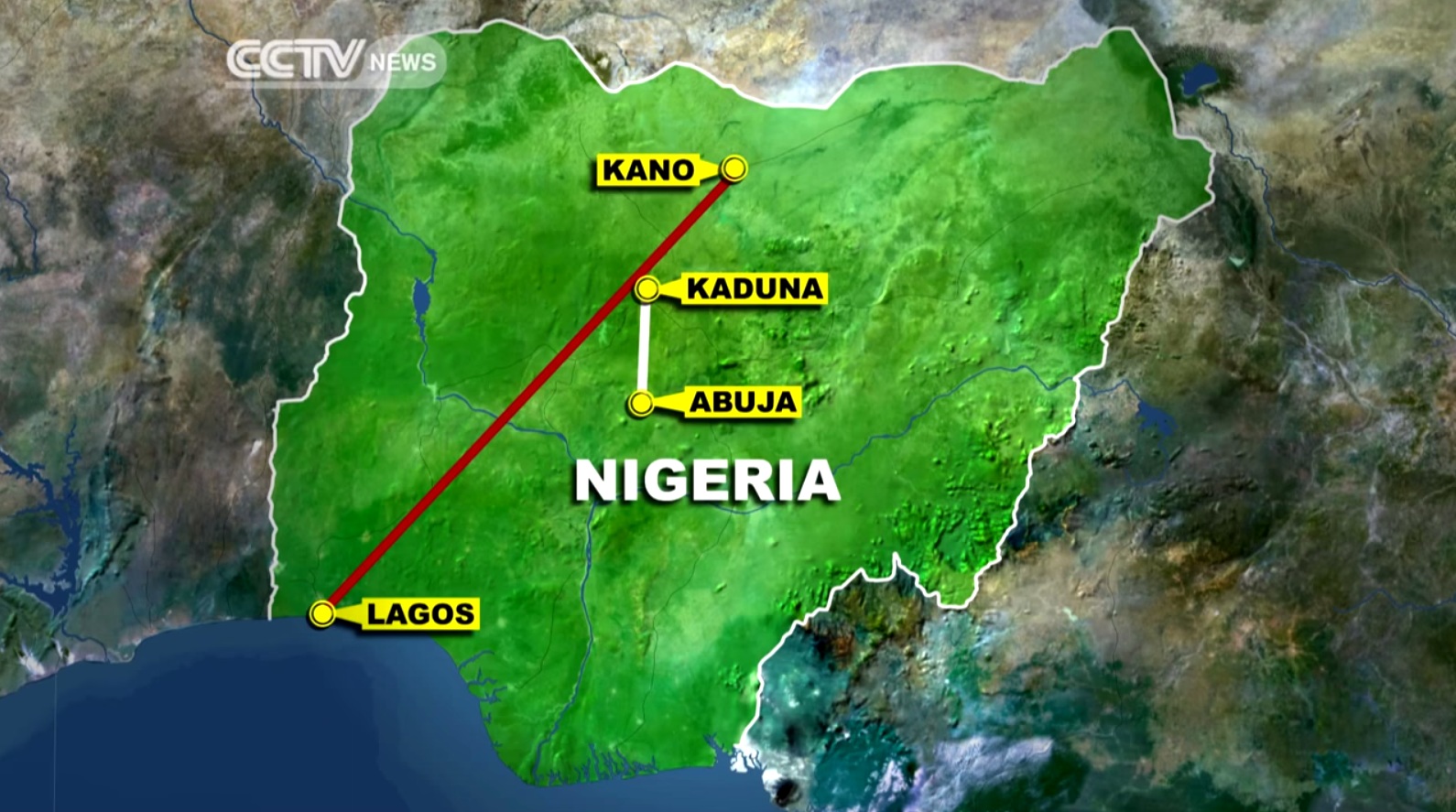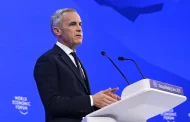“We appeal to all separatist agitators to allow the restructuring initiatives to run its full course. We need to stay and work together to ensure that new leadership that can make Nigeria great emerges in the next elections”
With these words, Middle Belt leaders offered Nigeria the most qualitative option for getting out of the current standstill as well as a formula for progress. Thus, although it aligned itself with quantitative option of restructuring Nigeria in favour of even more geopolitical units and states, it differs from its Others by asserting the primacy of electing “leadership that can make Nigeria great”. As such, it superiorises democracy over ethno-regional definition of the problem.
The communiqué of its consultative forum Thursday in Abuja deepened its commitment to the idea of one Nigeria by categorically stating its loyalty to that idea although it shares the opinion that federalism is not working in Nigeria at the moment even as it declares federalism the best model for managing pluralism. And even in the event that all the king’s horses and all the king’s men fail to gather Humpty Dumpty together from its current political standstill, it would “remain and continue to be the Federal Republic of Nigeria, with our capital at Abuja” That sarcastic notice is in conformity with its role as Nigeria’s fall back region whenever stability is at risk.

Prof Jerry Gana, Convener of MBF
For the region from where nobody is being mentioned in the current speculations in terms of presidential materials for 2019, the Middle Belt position is one that would attract attention as a perfect case of letting the Other speak. The Middle Belt sees itself and is also seen as, indeed, the Other in many senses of the word – the Other of power and the powerful, the Other of rich men and women compared to the other geopolitical units, the Other of infrastructural development, the Other of geography and even the Other of identity. In a way, it could be said to be worse off than the Igbos whose articulation of exclusion brought up the current standstill in the country. While the Igbo case has its roots in the fitful implementation of General Gowon’s Three Rs, the Middle Belt’s is lost in the paradox of losing out in the power politics that followed the end of the Civil War, a war it sacrificed much to.
It has since been a zone of stagnation in development and violent conflicts, the latest being its own share of herdsmen violence which has not attracted the conflict management attention it deserves.
By drawing attention to the election of a qualitative leadership as the key issue, the regional leaders might have reviewed the recent past and concluded that that is the leading contradiction in both the region and the larger Nigeria. The region as much as Nigeria is in dire need of qualitative leadership. Unfortunately, the determination of leadership in Nigeria in the past 17 or so years has been so opaque that democracy has been drained of meaning. Few powerful individuals sit down and decide and then proceed to impose a candidate. Now, the Middle Belt has placed fighting that culture on the agenda and, by that, offers both itself and Nigeria a safe landing from cyclical standstill.
Making the election of qualitative, popular leaders who can make their local areas, their states and Nigeria itself great pays tribute to the spirit of leading lights of Nigerian leaders from the Middle Belt, spanning Joseph Tarka, General Gowon, TY Danjuma, Solomon Lar and even Professor Jerry Gana who, if nothing else, became a Professor before he came into public office. That is the sort of thing Achebe would call solid, personal achievement. It is puzzling why Jerry Gana is not being mentioned in current speculation of presidential materials for 2019. Age might work against him were he to be a contestant for power by then but he is, otherwise, someone who should be mentioned. This is no sentimental argument for the simple reason that he was part of the Second Republic and Nigeria has not produced a better set of politicians than that set. It could, therefore, be argued that it is such exclusion from mention that fuels Middle Belt nationalism and recent insularity.
More than Nigeria, the Middle Belt needs the election of leaders who can make the region great. In fact, some people might argue that transforming the region is not a smaller agenda than transforming Nigeria. There are internal contradictions that only elevated leaders can resolve through deliberate expansion of the democratic space. There is the challenge of development, of regional positioning as well as that of managing difference in its internal and external forms in such a way that the region does not continue to be the battlefront.
Finally, there are important questions to be asked, a job which only qualitative leaders can handle: Is the region thinking of universities whose products can stand anywhere in Nigeria and in the world based on a regional merit system unique to it? Is anyone thinking of mobilising the rich pool of retired but active intellectual resource men and women who might be enthusiastic to be part of such a process and, in the end, contribute to remaking universities in the area to respond to unique challenges of social transformation within the context of one, united Nigeria? What is happening to Geography – the subject of the future, whether you take it as science or social science? Is any conscientisation going on regarding such issues? Is there a regional assessment in transnational risk terms? This is a Federal Government job but there is no harm if a think tank exists to do it because no risks would affect every part of Nigeria in the same way. There are so many of such questions to ask.

The late Chief Solomon Lar
Like Nigeria, the Middle Belt is in dire need of mobilisational rather than transactional leaders. Perhaps, it is in need of its own version of an Awo who, without federal power, still gave his people a taste of progress. General TY Danjuma has done so much by setting up a Foundation that has intervened comprehensively. Some other people have to add value to that through the necessary intellectual resource centre for the strategic ideas with which the region can confront the coming complexity. It would seem the region is stepping back from sabre-rattling to politics of principles that players such as Joseph Tarka and Solomon Lar epitomized by, in the case of Tarka, bringing someone from Borno province then to win election in Benue province of the time and, in the case of Lar, being a key player in the Nine Governors Meeting in the Second Republic that gave creeps to the defunct National Party of Nigeria, (NPN). In other words, the region was at the heart of what became the progressives in Nigerian politics today, featuring the Balarabe Musas, Lateef Jakandes, the Jim Nwobodos, the Abubakar Rimis, Mohammed Gonis, the Bola Iges and the rest of them. Under that generation, what is going on now would not have assumed the current ethno-regional dimension.



























